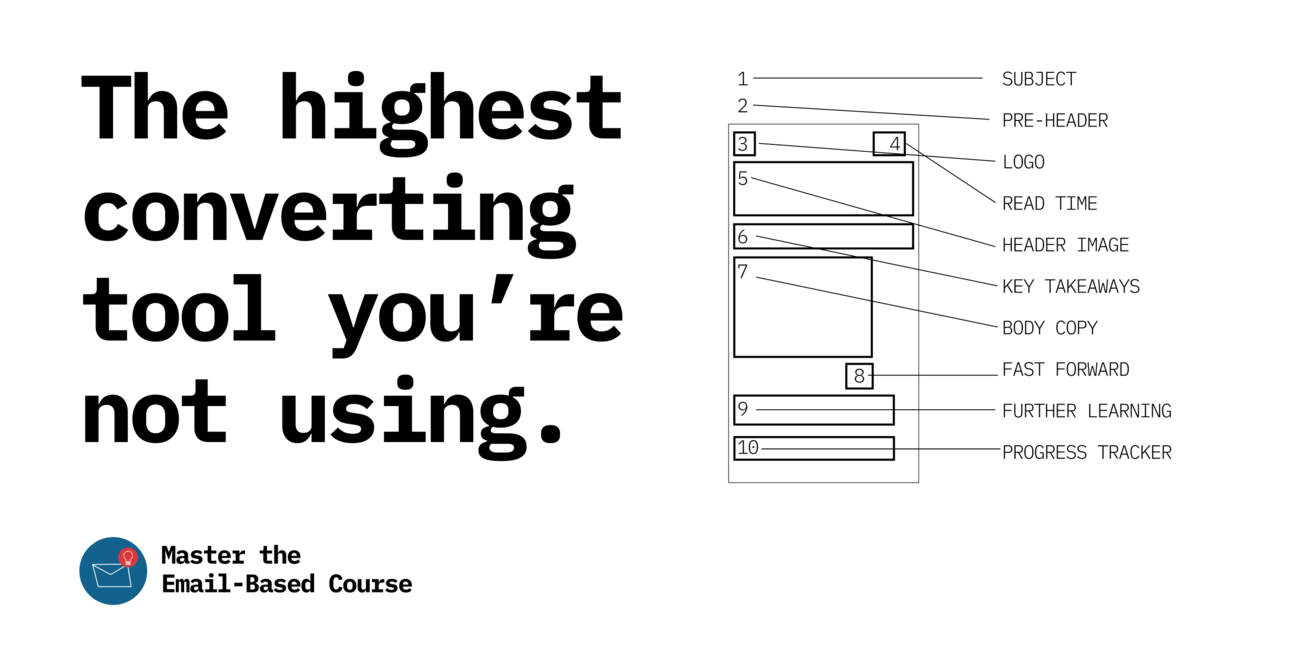Emails are an essential part of modern communication, but beyond simply exchanging information, they can be a valuable tool for learning. Whether you’re a student, professional, or lifelong learner, with the right approach, emails can provide meaningful insights and aid in personal and professional development.
1. Active Reading for Deeper Understanding
When reading an email, don’t skim through it just to get to the point. Instead, engage in active reading. Break down the key points, reflect on what the sender is trying to communicate, and think about how it fits into the bigger picture of your work or study. Active reading helps you process information more thoroughly and retain it better for future use.
Tip: Highlight important points or jot down questions while reading.
2. Learn to Identify Patterns
Emails, especially in business and professional settings, often contain recurring patterns. By paying attention to these patterns, you can identify trends, and behaviors, and even anticipate certain actions. For instance, learning how people structure their emails or the tone they use in different situations helps you become more perceptive and responsive in your communication.
Tip: Keep track of common themes in emails and how you respond to them. Over time, you’ll be able to predict patterns and adjust your communication accordingly.
3. Develop Critical Thinking through Email Analysis
Emails can present problems, updates, or feedback that require thoughtful analysis. Each email interaction provides an opportunity to sharpen your critical thinking skills. Evaluate the logic behind the information presented, analyze the sender's intentions, and assess how this new information impacts you or your work.
Tip: When responding to emails, ask clarifying questions and think critically about the solutions or feedback you're offering.
Teach first (then monetize).
Growing your online business starts with delivering massive value in a format that feels like a conversation.
Master the Email-Based Course is an actionable blueprint that top internet entrepreneurs are using to sell more online—by teaching over email. Join over 1,000 happy creators and start building your course today.
Dickie Bush said it best: "Actionable takeaways within 5 minutes of digging in. Huge value."
4. Master Communication Styles
Emails allow you to observe various communication styles in real-time. By paying attention to how others communicate—whether it’s formal, casual, direct, or indirect—you can improve your own communication skills. Learning to adapt your tone and style based on the context or recipient is crucial for effective communication in any environment.
Tip: Analyze emails from different people to understand their tone and voice. Then, mirror the style that suits the situation best in your responses.
5. Practice Summarization
An excellent way to learn from emails is by summarizing the key points in your own words. This practice ensures that you've understood the content and can communicate it effectively to others. It’s also a useful habit to get into when delegating tasks or providing updates to teams.
Tip: After reading an important email, write a brief summary of the key points to ensure you've absorbed the most critical information.
6. Using Emails for Reflective Learning
After you respond to an email, take time to reflect on the interaction. Did the email exchange go as expected? What could you have communicated more clearly? Were there misunderstandings that could have been avoided? Reflecting on past email conversations helps improve your future correspondence and enhances your communication skills over time.
Tip: Keep a journal of key email exchanges and write down what you learned from them, along with how you can improve your responses in the future.
7. Learning through Email Feedback
If you’re receiving feedback through emails—whether from colleagues, supervisors, or clients—view each piece of feedback as an opportunity to grow. Even critical feedback can be a rich learning tool if approached with an open mind. Examine the feedback objectively and think about how you can apply it to improve your skills or approach.
Tip: When receiving feedback via email, respond with gratitude and outline how you plan to apply what you’ve learned. This helps solidify the lesson and shows professionalism.
Emails aren’t just for quick exchanges—they are powerful tools for learning and growth if approached with intention. By practicing active reading, analyzing communication styles, and reflecting on feedback, you can make the most out of each email interaction and continuously sharpen your personal and professional skills.
Citations:
According to a survey by Radicati Group (2023), the average office worker receives 121 emails per day, showcasing the significance of email in daily communication.
Studies by Carnegie Mellon University found that active reading strategies, such as note-taking and summarization, improve information retention by up to 30%.
A report by Pew Research Center (2021) indicates that 85% of professionals rely on email for formal communication, making it a critical tool for learning and developing communication skills.


